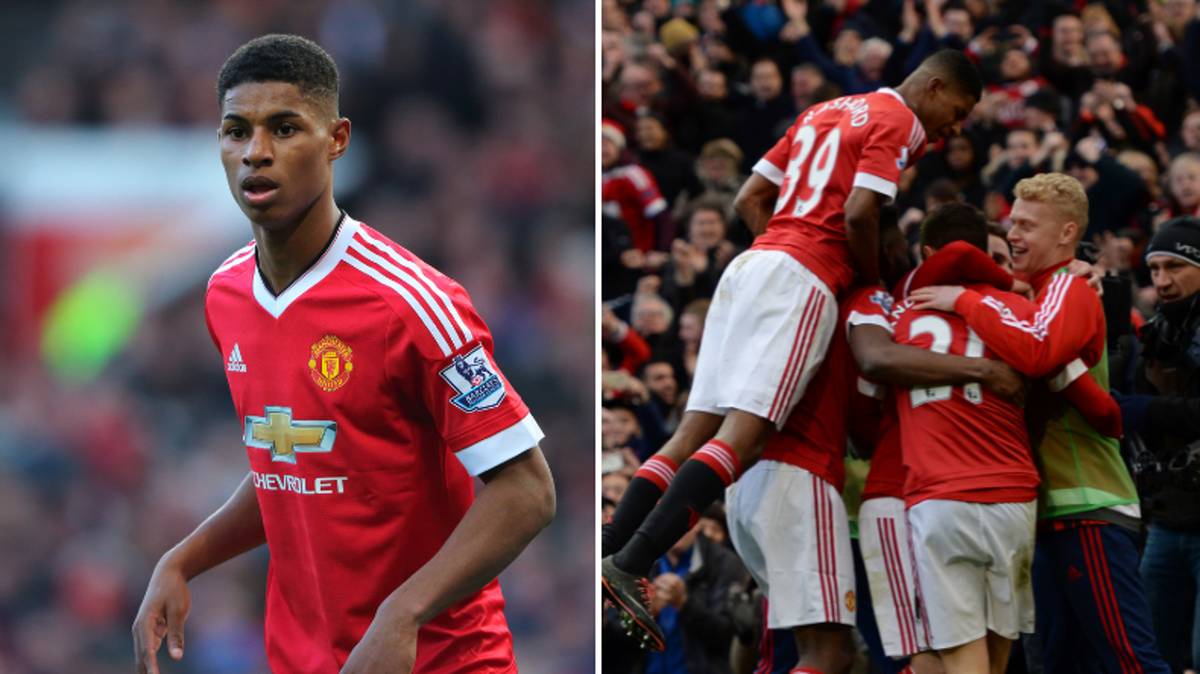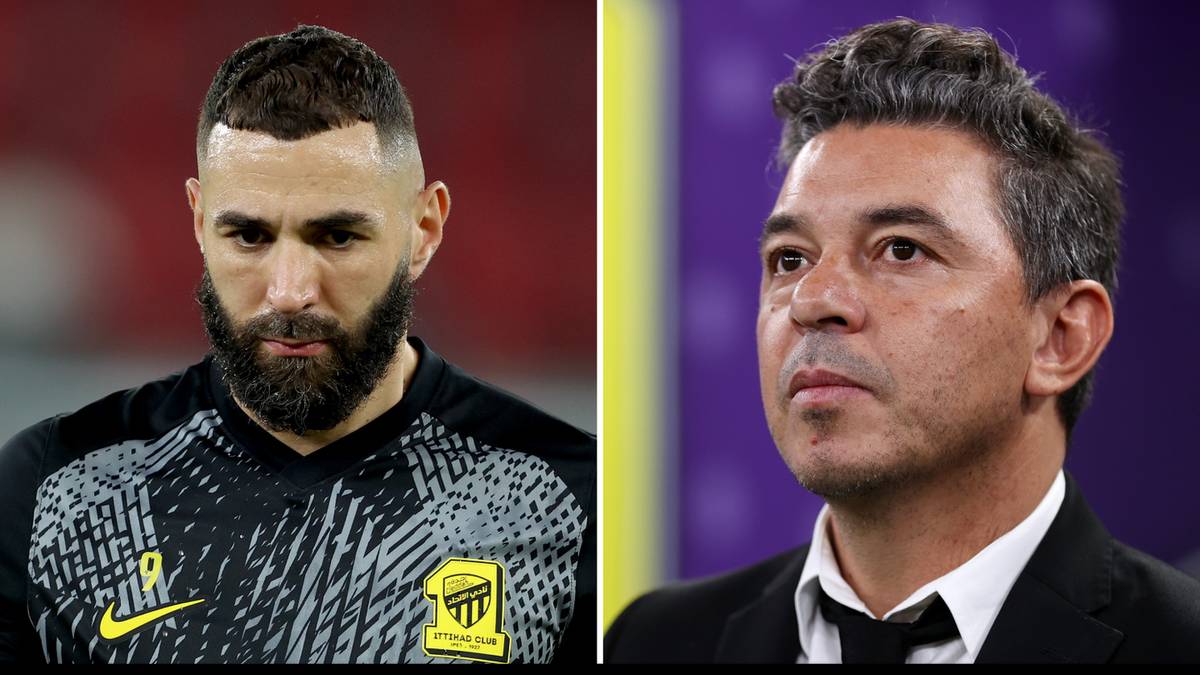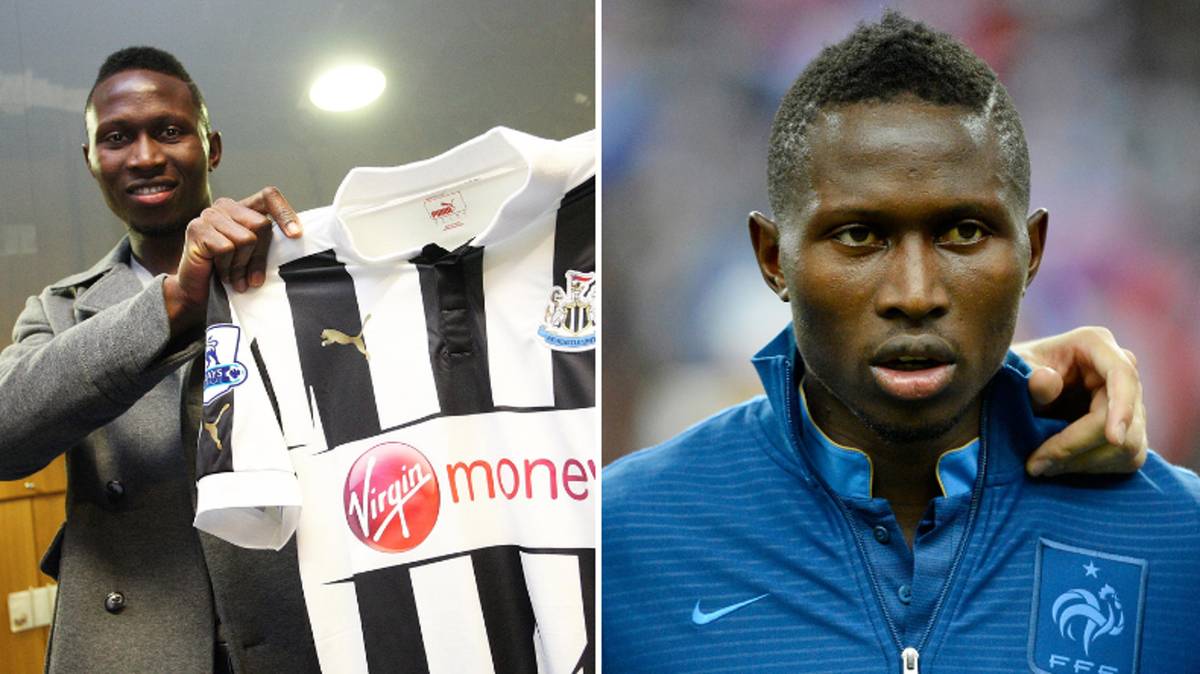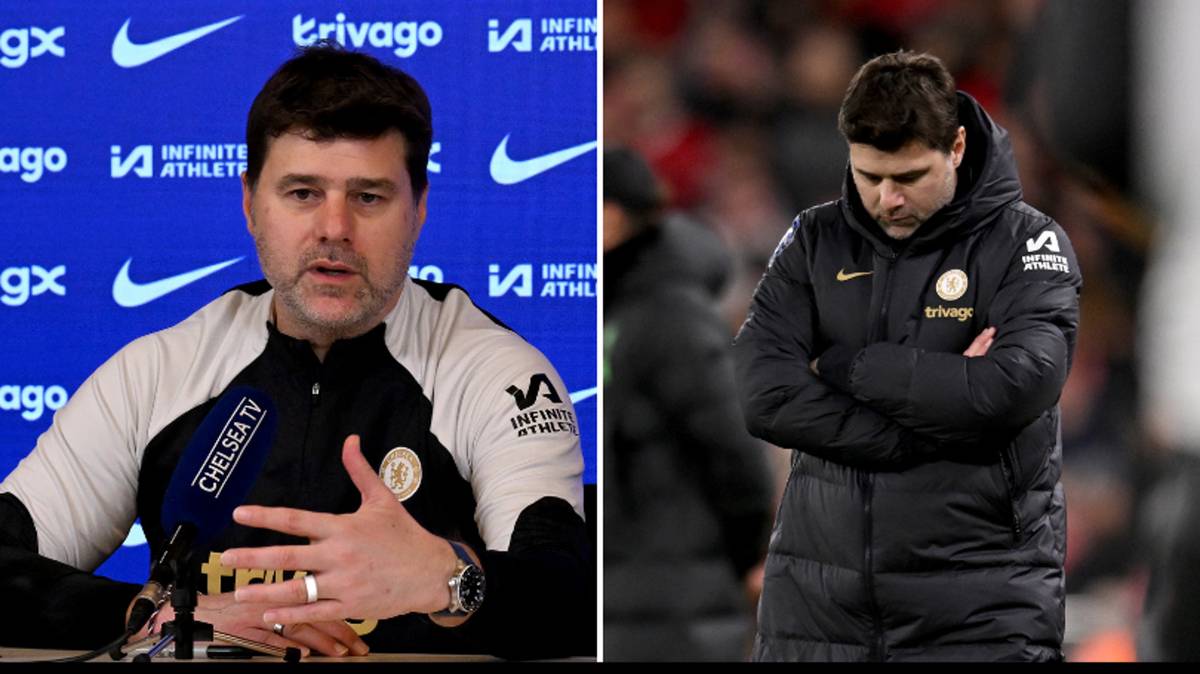
The Football Index announced recently that in the first quarter of 2019, they will be implementing a share split.
The Index have not yet released specific details as to when this will be, or what denomination the shares will be split by, but my suspicion is that the shares will be quartered, just as they were when the Index introduced the previous share split back in June 2016.
I do not want to go into too much detail as to what a share split is, but essentially it will mean that if all the existing shares are quartered, for example, if you owned 100 shares of Neymar at £18.00 a share pre-share split, then post share split you would own 400 shares of Neymar at a share price of £4.50.
So, in a nutshell, the value of your shares stays exactly the same, but the share price is significantly reduced.
The idea behind the share split is so that it gives more traders the chance to hold shares in the best players, such as Neymar, without having to fork out a fairy hefty sum.
The dividend pay-outs will also be reduced in line with the share split and so, for example, the current pay-out of 12p per share for the best player on a treble match day would be reduced to 3p, if the shares were quartered as per my example above.
This means that in theory, existing traders will actually be no better off by the share split, certainly in terms of the dividend pay-outs anyway. However, despite this, since the announcement was made the most sought-after players on the Index have all soared in price, but why?
To answer that question, I think we need to travel back to June 2016 when the first share split happened. At that time, the only dividend the Index paid out was a daily Media dividend of 20p per share. The shares were then quartered (so 100 shares became 400 etc) and the Media dividend was reduced to 5p per share accordingly.
From memory, Neymar was around £1-2 share at the time of the original share split in June 2016. If someone held 100 shares in Neymar pre-June 2016 at say £1.60 per share, after the share split, they would have owned 400 shares at 40p per share.
Fast forward to now, and if that person still held those shares today, they would currently have 400 shares worth a whopping £19.30 a share. That means that from an initial £160 investment, the shares would now be worth £7,720.00! That’s not even accounting for any dividends Neymar has won over the last couple of years. That is quite incredible when you think about it.
With news of the upcoming share split, many traders will have got big £ signs in their eyes at the prospect that this will happen again and, as previously mentioned, shares in the most valuable players have significantly increased in the hope that history will repeat itself. But the big question is, will lightning strike twice?
That is an extremely difficult question to answer as I don’t have a crystal ball, but my gut feeling is that share prices will rise again, but not to the same levels that they are now, and that the share prices will take a fair amount of time to recover the levels we are currently used to seeing.
After the original share split in 2016, it was not until mid-2017 that share prices started to rise significantly, in anticipation of the introduction of performance dividends. Until then, the most expensive player on the Index was around £5-6 a share.
However, following the introduction of performance buzz dividends, traders quickly started to realise that even at £6 a share, Neymar was pretty ‘cheap’ when you consider that for every treble match day best forward/player win you would make 3% on your investment in one go. No high street bank can offer you that level of return!
Share prices continued to rise gradually over the last 12 months but have now reached the point where the Index growth appears to have levelled out. Any further expansion of the Index now appears to be being held back by the fact that new traders are unlikely to want to pay £10+ a share for one of the world’s best players in the hope of a few pence, albeit regular, in return.
A share split will solve that problem as the share prices will instantly be lower but unless the dividends on offer are attractive enough for new traders, they will not have any real incentive to invest their money.
I believe the Index will now look to focus more on their Goal & Assist dividends, which are eligible on new shares for a period of 30 days, rather than the media and performance dividends which are eligible on shares for up to 3 years.
My prediction is that whilst the dividend pay-outs for performance and media will remain at the same or similar levels post share split, the Index will look to increase the Goal & Assist dividend pay-outs making them the most lucrative dividend. The result of which would be that the future Index will see more money spread out across a larger number of players, rather than the bulk of traders’ investments being lumped on a select few. It will also increase liquidity, as traders would be forced into trading more regular basis as opposed to sitting on a large portfolio of shares for 3 years.
So, whilst existing shareholders are likely to see the benefit of holding shares now with a profit on their share price, I can’t imagine we will see the same levels of profit that could be made a couple of years ago.
Finally, a word of warning for any holders of Neymar who is currently £19.30 odd a share.
My understanding is that the current general rule on the Index is 100 shares either bought or sold in a player either increases or reduces their share price by 1p.
On that premise, if Neymar is currently £19.30 a share then my guess, and I could be very wrong here, is that there are around 193,000 shares in Neymar currently held across all traders’ portfolios (including my own).
If the shares are quartered again, this will mean there will be around 772,000 shares held but the share price would only be around £4.85. If for example, everyone wanted to sell their shares at the same time, then potentially would it not create a scenario where if 48,500 shares were sold and Neymar’s price could in theory reduced to £0, meaning around 725,000 shares of Neymar would be left unable to be sold?
Anyway, before anyone reads this starts panicking, this is of course an EXTREMELY unlikely scenario as very few traders will actually want to sell their Neymar shares in the short term, given the potential for future growth. I would also imagine, similarly to after the last share split in June 2016 that the Index will look at adding or increasing the dividends on offer, in order to drive prices up again.
In any event, I would just advise all traders that the Football Index is a gambling platform and whilst there is potential for money to be made, always proceed with caution.



